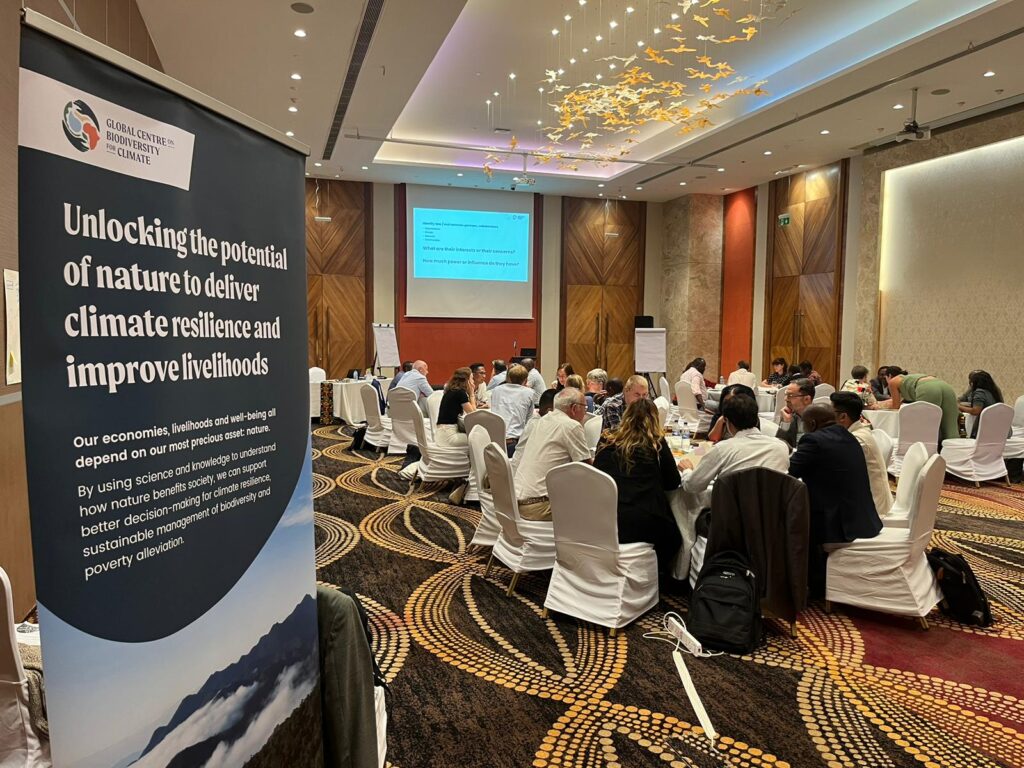The GCBC Research Grant Competition 3 (RGC3) Concept Note application has CLOSED
The GCBC Opportunities Portal for Concept Note submissions for the Third Research Grant Competition (RGC3) CLOSED at 23:00 hrs UTC, on Sunday, 16 March, 2025. Any applications submitted after that time and date will not be accepted or considered for the full proposal stage.
The GCBC extends grateful thanks to all applicants who made submissions through the Opportunities Portal. We have been delighted with the responses to this grant call, particularly from the Global South.
Over the next few weeks we will be working through the applications, carrying out eligibility checks, technical evaluations, moderation and scientific meetings to establish the most suitable Concept Notes to take forward to the next round.
RGC3 Themes
The two research themes of this RGC3 are:
- Theme 1: Using biodiversity to improve the climate resilience of agricultural, food and bioeconomy value chains – Transforming agrifood systems at scale to incorporate nature-based solutions that build biodiversity back into production landscapes to boost climate resilience and reduce poverty (open to all GCBC focus regions).
- Theme 2: Biodiversity hotspots in Small Island Developing States (SIDS) – Building sustainable businesses from nature to adapt to climate change, protect biodiversity, and tackle poverty (focused in SIDS).
The GCBC, a UK Official Development Assistance (ODA) programme funded by the Department for Environment, Food and Rural Affairs (Defra), aims to fund a mixed portfolio of up to twenty grants in RGC3, covering a range of topics and geographies across both themes. Grants sums of between £100,000 and £1 million are offered for projects of 12-36 months duration.
The GCBC will accept proposals for projects with activities in GCBC-eligible countries in Latin America (including Central America), the Caribbean, Sub-Saharan Africa, and South-east Asia and the Pacific and Small Island Developing States. A list of GCBC eligible countries is available here. To be accepted for funding under the GCBC programme projects must demonstrate:
- Fit to GCBC: All proposals need to address poverty alleviation and climate resilience, focusing on approaches that better value, protect, restore and sustainably manage biodiversity.
- Fit to theme: Proposals must address research questions within one of the themes set out above.
- GESI: All proposals must incorporate clear plans to factor in gender, equality and social inclusion from the outset.
- R&D: Proposed work must meet the definition of research and development: creative and systematic work undertaken to increase the stock of knowledge – including knowledge of humankind, culture and society – and to devise new applications of available knowledge (OECD, 2015).









